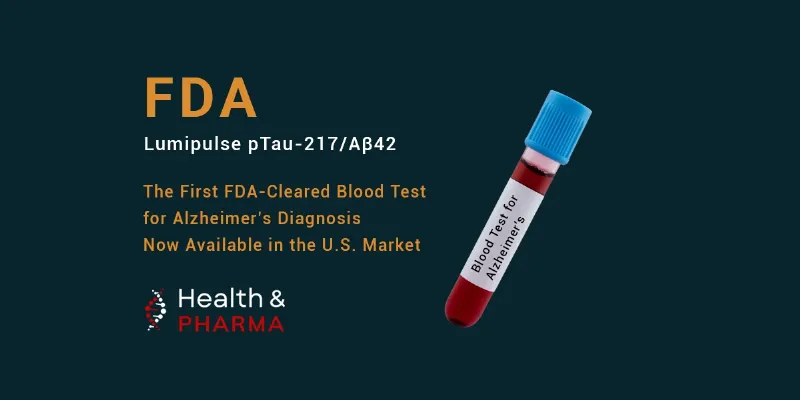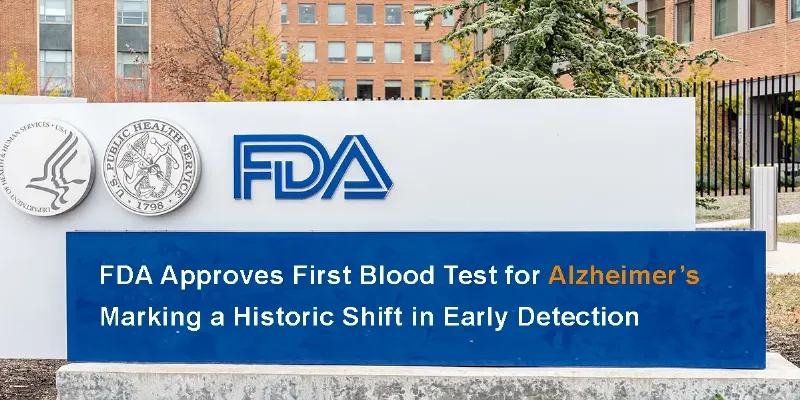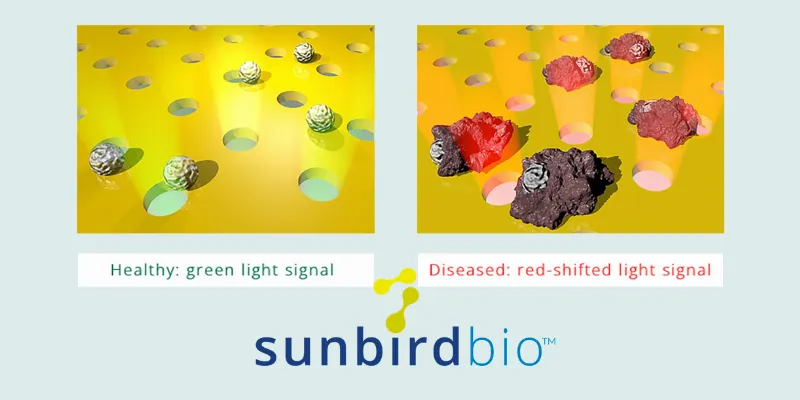Promising ABvac40 P2 Results: Araclon's Alzheimer's Vaccine Slows Disease Progression


Neurology |
25 October 2023
Araclon Biotech's Phase 2 trial of its Alzheimer's vaccine, ABvac40, shows promising results, potentially slowing disease progression by up to 38%. Presented at the 2023 CTAD conference, the vaccine targets the Aβ40 peptide, central to Alzheimer's progression. With a robust safety profile and no severe side effects reported, ABvac40 offers hope in the ongoing fight against Alzheimer's disease.
Araclon Biotech, a subsidiary of Grifols, has announced encouraging results from a Phase 2 clinical trial of its Alzheimer’s vaccine, ABvac40. The trial data suggests that the vaccine has the potential to slow the progression of Alzheimer’s disease by up to 38% compared to a placebo.
Presented at the 2023 Clinical Trials on Alzheimer's Disease (CTAD) conference, the study involved 134 patients with mild cognitive impairment or early-stage Alzheimer's. They were administered either the ABvac40 vaccine or a placebo over a period of 24 months, with a follow-up extension. The assessment was primarily based on the Mini-Mental State Examination score, a standard measure for cognitive impairment.
Notably, while the trial was not designed to specifically test the vaccine’s efficacy in slowing cognitive decline, the results have been promising. Other neuropsychological assessments, like the Repeatable Battery for the Assessment of Neuropsychological Status and the Trial Making Test, also showed favorable outcomes for the vaccine group versus the placebo. However, there was no significant difference between the two groups in terms of global or functional scales.
Dr. Jose Terencio, CEO of Araclon Biotech and Vice President of Grifols Innovation, stated that the results for ABvac40 confirm its clinical potential as an Alzheimer's treatment, noting:
"We are pleased to report final positive results from the Phase 2 study of ABvac40, including a robust immune response with some significant reduction in disease progression, all with a favorable safety profile. Previous vaccines in development for AD faced setbacks due to harmful meningoencephalitis side effects. The results reported for ABvac40 to date validate its clinical potential, positioning it as promising therapeutic candidate for early Alzheimer's treatment. We look forward to evaluating next steps for this program.”
The vaccine works by targeting the Aβ40 peptide, which is believed to play a central role in the progression of Alzheimer's. By focusing on this mechanism, ABvac40 might alter the course of the disease. Mercè Boada Rovira, a key investigator of the study, added that with the growing prevalence of Alzheimer's, there's an urgent need for effective treatments, especially in the early stages of the disease.
Furthermore, the vaccine showcased a robust safety profile. There were no reports of severe side effects like brain swelling (ARIA-E) or meningoencephalomyelitis in the treatment group. These findings are crucial, especially in light of previous setbacks faced by other Alzheimer's vaccine candidates, such as Elan Pharmaceuticals’ AN1792, which was discontinued in Phase 2 after patients developed meningoencephalitis.
Looking ahead, Araclon Biotech plans to evaluate the next steps for the ABvac40 program. The company's efforts come at a critical time, with estimates suggesting that the number of Alzheimer’s patients in the U.S. could double by 2050.
It's worth noting that other companies, like Florida-based Vaxxinity, are also in the race to develop an effective Alzheimer's vaccine. Vaxxinity's vaccine has received Fast Track Designation from the FDA, and its Phase IIa data suggests potential competitive advantages over other treatments.
As researchers and biotech firms worldwide continue their quest for an effective Alzheimer's treatment, ABvac40’s recent results shine a ray of hope for millions affected by this debilitating disease.
About the Phase 2 trial
The Phase 2 trial for ABvac40 was a multicenter, randomized, double-blind study conducted at 23 EU sites. It aimed to evaluate the safety, tolerability and efficacy of the vaccine for those with mild cognitive issues or early Alzheimer’s Disease. The study had 134 participants and was divided into two parts. Part-A lasted 18-24 months, where patients were given six doses of either ABvac40 or a placebo.
In Part-B, an 18-month extension, treatments were swapped between the placebo and ABvac40 groups. The main goals were to assess immunogenicity, safety, and tolerability. Safety checks included monitoring for specific adverse events. Additionally, neuropsychological tests and brain scans were among the secondary endpoints.
Safety and Immunogenicity of Repeated Doses of ABvac40 in Patients With a-MCI or Vm-AD
Study Overview / Brief Summary: Alzheimer's disease (AD) is the most common type of dementia, accounting for 50-75% of the estimated 47 million people with dementia worldwide. The amyloid cascade hypothesis of AD proposes that amyloid-β (Aβ) peptide accumulation in the brain, caused by an imbalance between Aβ production and clearance, is the initiating factor of a cascade ultimately leading to dementia. Aβ peptides are generated from sequential cleavage of the amyloid precursor protein (APP), including Aβ40 and Aβ42. Aβ40 is the predominant variant (90%) among the secreted Aβ forms and although Aβ42 is more hydrophobic and prone to aggregate, and Aβ42 oligomers are regarded to be the most neurotoxic species, Aβ40 can also produce highly toxic diffusible aggregates, which can be prevented in vitro by specific anti-Aβ40 antibodies....











Comments
No Comments Yet!